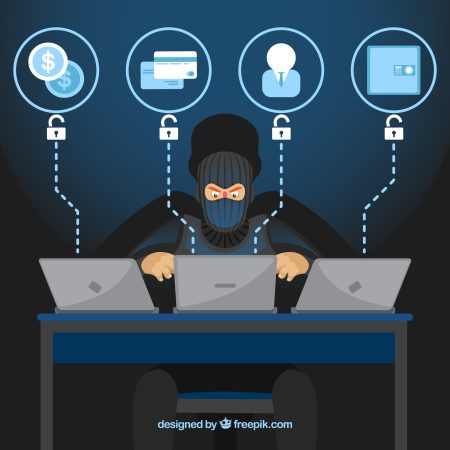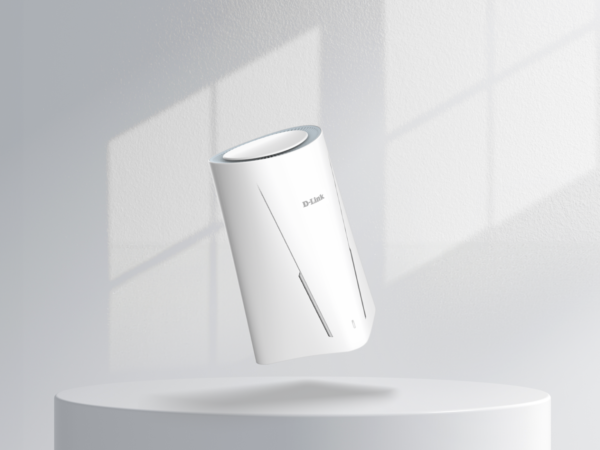
How to Protect Yourself from Online Security Threats. The internet has become an essential part of our lives. We use it for everything from shopping and banking to socializing and entertainment. But with all the benefits that the internet offers, there are also risks. Online security threats are a growing problem, and it’s important to take steps to protect yourself.
Here are some tips on how to protect yourself from online security threats:
1. Use strong passwords and don’t reuse them.
One of the most important things you can do to protect yourself online is to use strong passwords. A strong password is at least 8 characters long and includes a mix of uppercase and lowercase letters, numbers, and symbols. You should also never reuse passwords for different accounts. If one of your accounts is hacked, the hacker will then have access to all of your other accounts that use the same password.
2. Keep your software up to date.
Software updates often include security patches that can help protect your devices from known vulnerabilities. Make sure to install software updates as soon as they are available.
3. Be careful what you click on.
Phishing emails are one of the most common ways that hackers try to steal your personal information. These emails are designed to look like they’re from a legitimate source, such as your bank or credit card company. They may contain a link that, when clicked, will take you to a fake website that looks like the real website. Once you enter your personal information on the fake website, the hacker can steal it.
4. Use a firewall and antivirus software.
A firewall can help protect your computer from unauthorized access. Antivirus software can help detect and remove malware. Make sure to use a firewall and antivirus software that is up to date.
5. Be careful what information you share online.
Don’t share too much personal information online, such as your full name, address, phone number, or Social Security number. This information can be used by hackers to steal your identity.
6. Be careful when using public Wi-Fi.
Public Wi-Fi networks are not secure. If you must use a public Wi-Fi network, avoid entering any sensitive information, such as your bank account number or credit card number.
7. Back up your data regularly.
If your computer is hacked and your data is stolen, you’ll be glad you have a backup. Back up your data regularly to an external hard drive or cloud storage service.
By following these tips, you can help protect yourself from online security threats. Remember, the more steps you take to protect yourself, the less likely you are to be a victim of a cyberattack.
Additional tips:
- Use a VPN when connecting to public Wi-Fi networks. A VPN encrypts your traffic, making it much more difficult for hackers to intercept it.
- Be careful about what apps you download. Only download apps from trusted sources.
- Keep your devices in a secure place. If you’re not using them, lock them up or put them away.
- Be aware of the latest scams. Hackers are always coming up with new ways to steal your information. Be on the lookout for phishing emails, fake websites, and other scams.
By following these tips, you can help protect yourself from online security threats and keep your personal information safe.
Read More :





